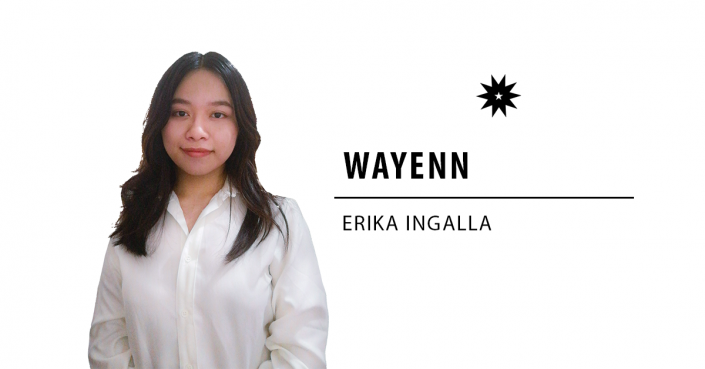I would often find myself joking about how much I adore red flags—signs that tell if a person is possibly problematic or toxic in relationships, perspectives, or work ethic. I would jest that these people would provide a challenge and a fun way to waste my time. However, I feel different toward these in reality, especially in friendships.
As we go on with our lives, we will inevitably experience a turnover in the people we interact with. At one point, we will stop and evaluate each one. From there, we decide if our current ties are worth continuing.

Putting in more context, we usually do this assessment when our friends err. The sensible action, then, would be to hold them accountable for their actions. While there is only so much we can do, this act is enough of an intervention. But sometimes we wonder how we could know when to draw the line.
Recently, I noticed that a long-time friend of mine had changed. Once caring, he became hypocritical, arrogant, and snobbish. At first, I thought it was only me who noticed this shift in personality. But as time went on, others noticed it, too—our sweet friend became the personification of a red flag. In circumstances like this, when is it appropriate to walk away from a friendship?
The answer for some is simple: leave once the red flags are apparent. However, some also prefer to stay despite it all, believing that, if given enough time, their friend would correct themselves. Some also stay because they’re scared they’ll regret leaving a friend behind or that they’ll be judged for such a decision. In these circumstances, they’d rather tolerate such a toxic friendship and simply turn the other cheek—again and again, switching to whichever side could handle it more.
While a correcting of ways does happen, some friendships reach the point of no return. In these circumstances, one must realize that preserving that friendship is not the wisest thing to do. Like when investing in the stock market, you don’t choose to hold and spend so much money on declining stocks instead of folding. You need a wake up call that the value of your time, effort, and energy invested into these relationships must be reassessed.
However, we cannot always place the blame on the other person. It is always easy to recognize the faults in somebody else’s behavior and point out the upsetting things they’ve done, and much more difficult to look inward. Relationships are dynamic after all. Perhaps, the reason why they are acting that way is in response to our behavior. Maybe the problem isn’t them but actually ourselves.
Regardless of who is at fault, the real question of whether one is still willing to fix the friendship remains.
Being told that you’re problematic hurts, but learning that your friends have been suffering because of you hurts even more. Know that as a human being, you’re bound to make mistakes. What matters is how you make up for it. If you value your friendship, the first thing to do is acknowledge your mistakes and apologize. But this shouldn’t be your sole motivator to improve. Be accountable to yourself; aim to be better especially when it’s needed. Once you realize where you went wrong, take the necessary steps to improve. Take the lesson, sit through it, and let go.
Consequently, if you can find it in your heart to forgive them and they agree to change for the better, then that red flag of theirs would have turned green. However, if you feel—and know—that continuing to maintain your friendship will negatively affect your physical, emotional, and mental well-being, then allow me to work out what you should do next: leave.
No matter how much you invested in that person, never settle for the short end of the stick in relationships with people who refuse to better themselves. The time you spent together should not be a reason for you to shackle yourself to an emotion-sucking blackhole disguised as your good old friend.
Whatever the situation, you’ll be making one hard decision. But if you take the first step to resolve such issues, soon, the unease in your heart will settle. Your friend, yourself, or even both of you could find yourselves in better places. Whether you’ll be together or not won’t matter by then. As long as this resolution brings forth better people, it’s a win.
If you are looking for a sign to act, this is it. Welcome to Validation Central, here’s your ticket to go away, to save yourself the trouble, or to become a better you.
